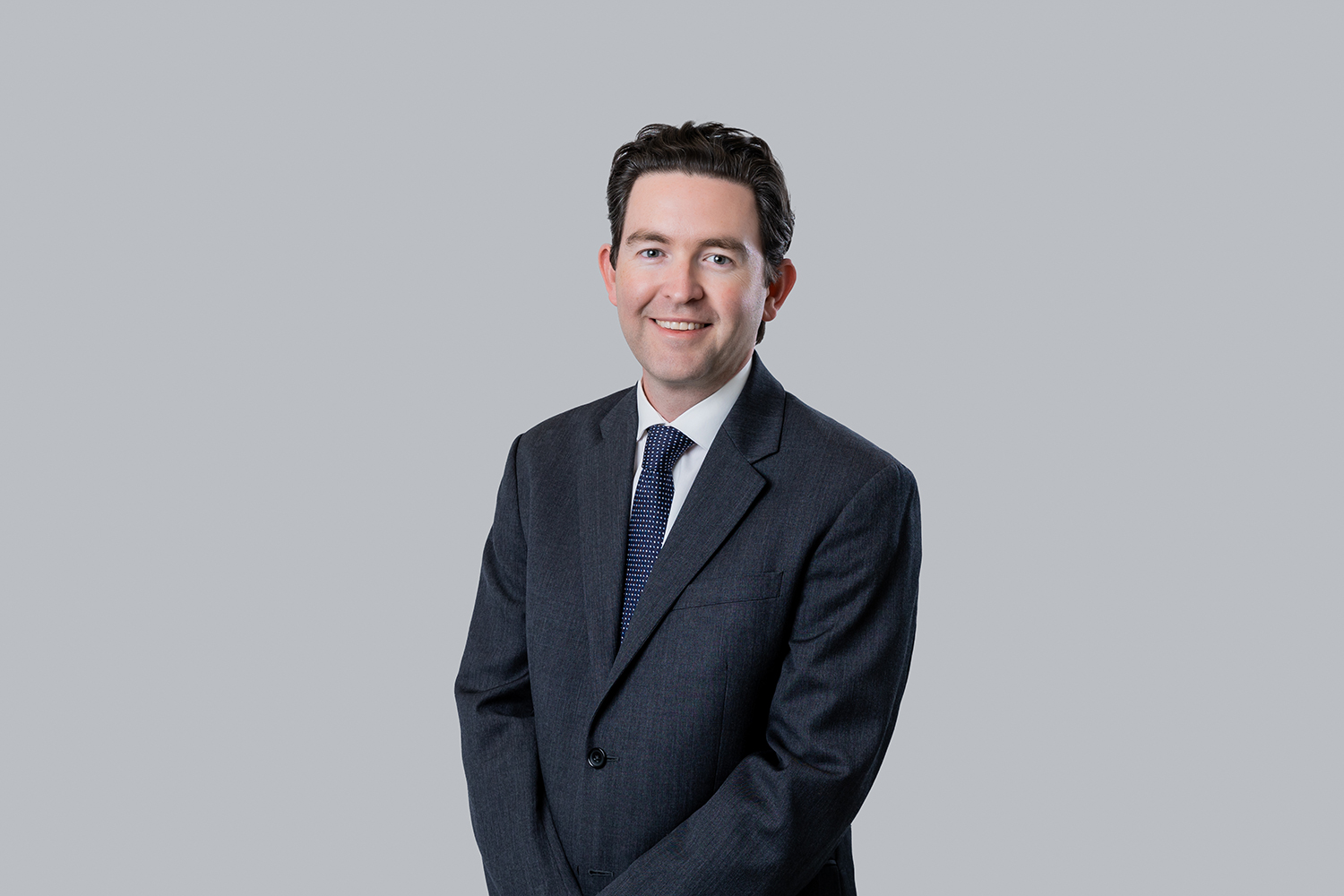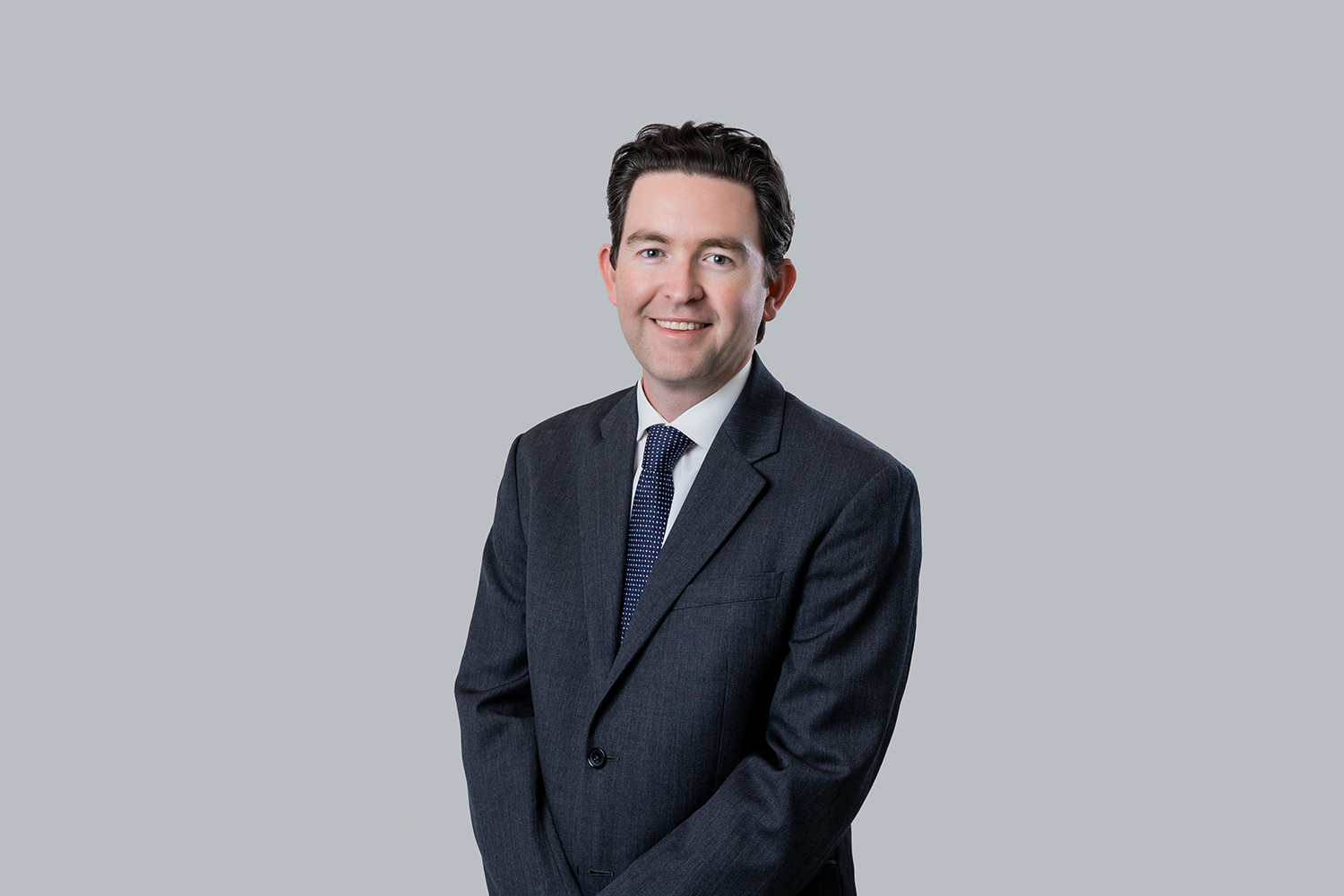
Anthony Partridge
Partner | Legal
Cayman Islands

Anthony Partridge
Partner
Cayman Islands
For any individual who directly own assets in the British Virgin Islands, it is important to put a will in place to ensure the assets pass in accordance with their testamentary wishes.
This is particularly recommended for individuals who are not domiciled in the BVI, as the application of private international laws can otherwise have unexpected consequences at the time of death.
In this briefing, we outline the benefits of having a will in place, the requirements for making a valid will, points to note for non-BVI domiciled individuals, and answer some frequently asked questions.
There are three key benefits to putting a will in place to cover BVI assets.
The requirements derive from the BVI Wills Act (Cap 81), which remains in force without amendment since it was first enacted in 1872. For a will to be formally valid under BVI law, it must be in writing, made by a person who is at least 21 years old, and executed in accordance with the following requirements:
The choice of witnesses is important and should not include anyone who may benefit under the will, or whose spouse or civil partner may benefit under the will, as any such benefit would otherwise be void.
As part of the probate procedure in the BVI, the witnesses are also required to provide an affidavit of due execution, so it is advisable to obtain this at the same time that the will is executed.
BVI law is silent as to the validity and enforceability of foreign wills in the BVI and so the common law principles of private international law apply, as follows:
In light of the above, and for other practical reasons, it is advisable for non-BVI domiciled individuals to make BVI wills to cover BVI assets only. As part of this process it is absolutely critical that the individual's domicile position is properly taken into account. Further, in the event that the individual's domicile position changes during lifetime then it is advisable to review any existing wills in order to ensure that they are still valid and enforceable.
Domicile can be a complex and fluid concept but, at a high level, the place in which an individual is domiciled is their permanent home. For individuals with connections to more than one place it is advisable to seek advice on domicile. It will assist with the application for a grant of representation in the BVI if the individual's domicile position is documented and evidenced (so far as possible).
For succession law purposes, the distinction is broadly that immovable property is property that is fixed to the ground (such as real estate or land) and movable property is everything else (including bank accounts, shares, investments, and personal items). A recent case in the Eastern Caribbean Court of Appeal confirmed that registered shares in a BVI company are movable assets.
No – anyone can be an executor, and there is no requirement for any of the executors to be physically based in the BVI. We frequently assist foreign executors who are tasked with the administration of an estate in the BVI.
Yes – testamentary trusts can provide flexibility and asset protection over assets forming part of an individual's estate and are frequently used for succession planning. Alternatively, trusts settled during lifetime can be used to receive assets on death.
Depending on the circumstances, trusts can also be used to avoid the probate process altogether (although we still recommend having a will in place). For more information, read our briefing on BVI trusts or contact us for further information about this.
No - there are no estate duties, inheritance taxes or gift taxes.
No.
BVI law provides that marriage will revoke all previous wills, but this may be superseded by the private international law of persons domiciled outside of the BVI and so the position should always be checked.
A will is not affected by divorce, so it is essential to make a new will immediately following divorce if there is a resulting change to the individual's testamentary wishes.
This Insight should be of interest to anyone who owns assets of any nature or value that are situated in the BVI. For non-BVI domiciled individuals, this often includes shares in BVI companies or other investments situated in the BVI (for succession law purposes). If there is any doubt about whether an asset is situated in the BVI and if a will should be made, it is always best to check.
For further information, please speak to your usual Ogier contact or a member of our team listed below.
Ogier is a professional services firm with the knowledge and expertise to handle the most demanding and complex transactions and provide expert, efficient and cost-effective services to all our clients. We regularly win awards for the quality of our client service, our work and our people.
This client briefing has been prepared for clients and professional associates of Ogier. The information and expressions of opinion which it contains are not intended to be a comprehensive study or to provide legal advice and should not be treated as a substitute for specific advice concerning individual situations.
Regulatory information can be found under Legal Notice
Sign up to receive updates and newsletters from us.
Sign up